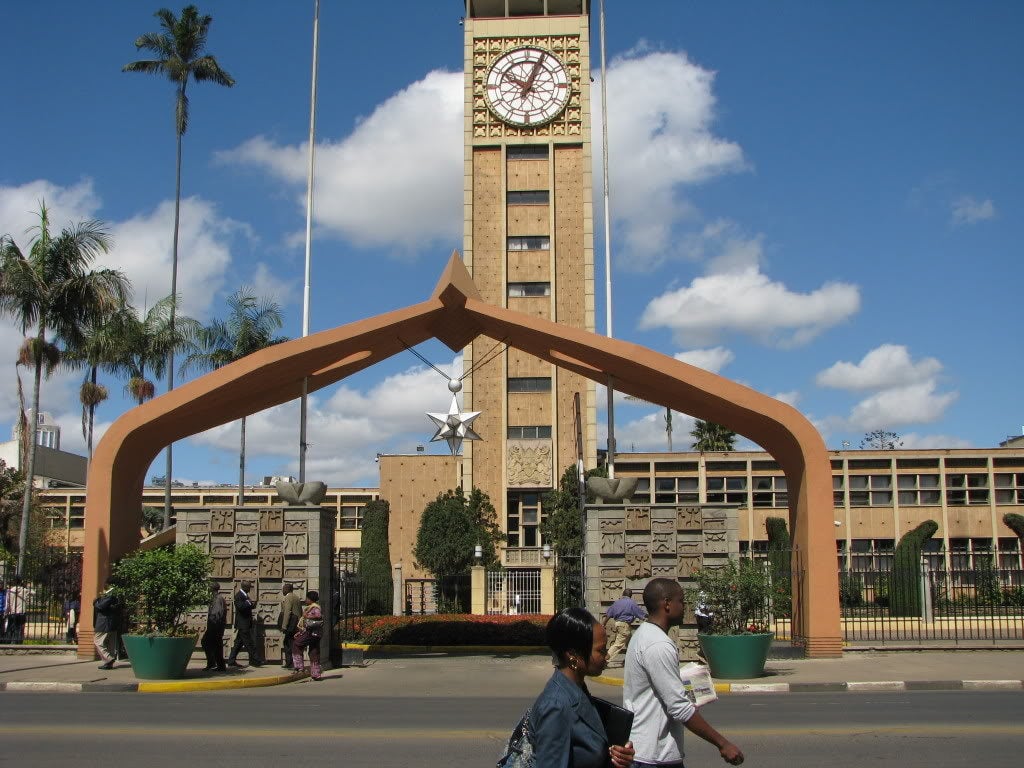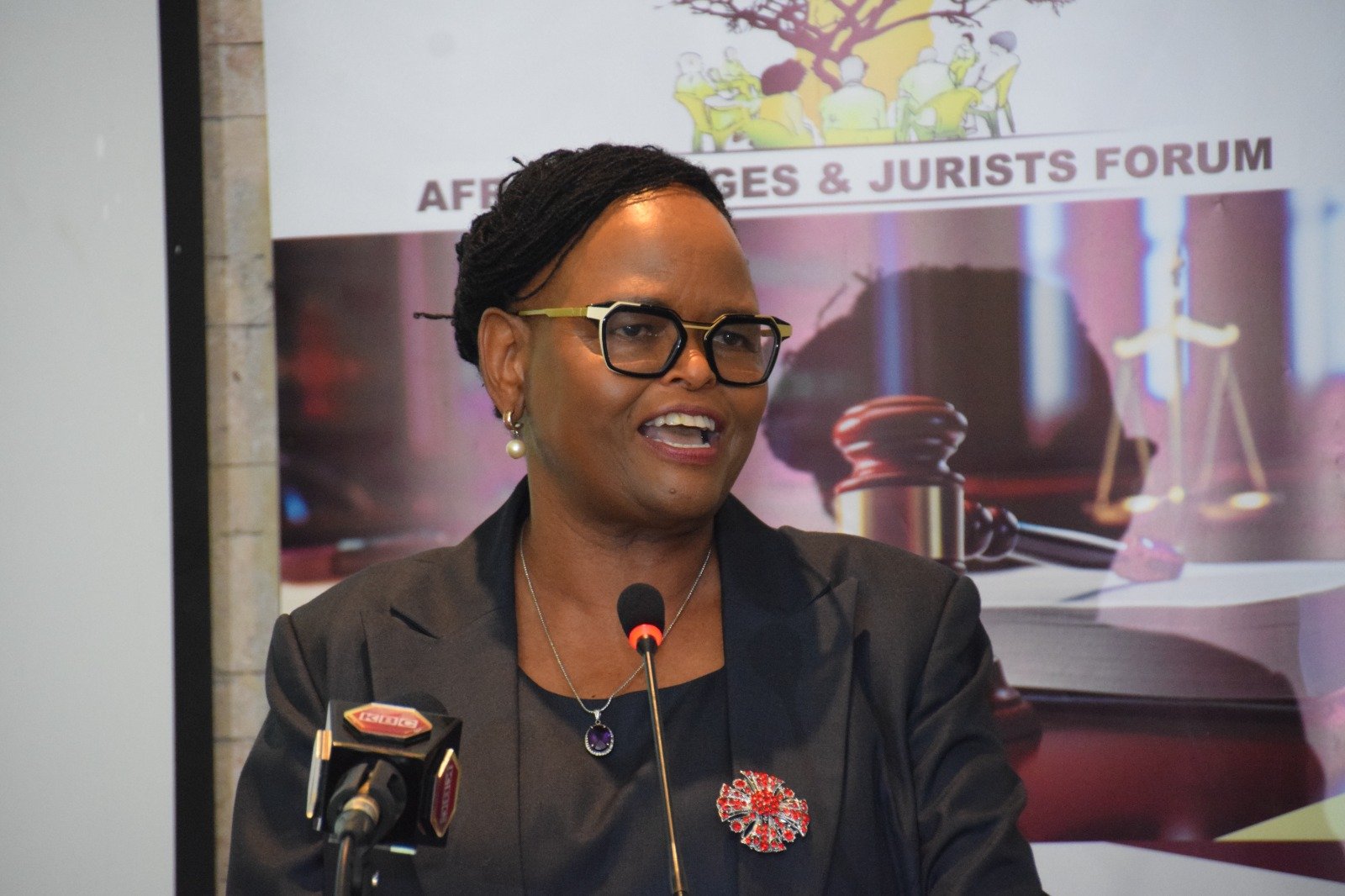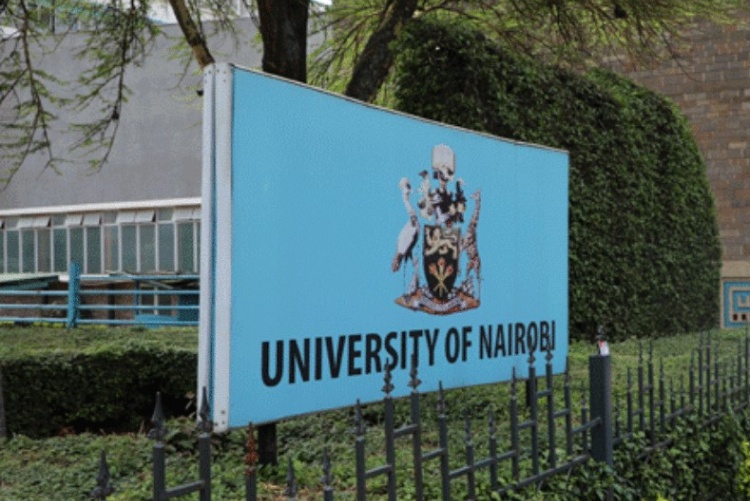Parliament calls for board to manage fuel price fund

Parliament has advised that the fuel subsidy fund be ring-fenced under a board to cushion it from intrusions and random withdrawals by the National Treasury.
The move follows complaints of delayed payments by oil marketers which made legislators consider lack of an administrator of the fund as the cause of ongoing uncertainty over the fund’s utilisation.
National Assembly’s Departmental Committee on Energy said that implementation of the subsidy programme is hampered by lack of a board to administer the Petroleum Development Levy and remove uncertainty of the funds as fuel stabilisation measure in the long term.
Treasury which is currently struggling with cashflow problems has reportedly been diverting funds meant for the subsidy to other functions without approval.
“State Department for Petroleum should review the Petroleum Development Fund Act to provide for a board to ring-fence the allocations for use in fuel stabilisation,” the committee said in the report on the Budget Policy Statement released on Wednesday.
Lack of effective administrator, it added in the report, has led to delays in the payment of oil marketing companies whose margins have reduced to zero after the government promised to compensate them.
In September last year, Treasury rejected a Sh5 billion request from the Petroleum ministry to extend fuel subsidy beyond September, pushing petrol and diesel prices to a historic high.
Julius Muia, Principal Secretary at the National Treasury told Parliament at the time that it could not honour the request for the subsidy due to lack of money in the kitty.
Presenting submission to the National Assembly Finance committee to explain the increase, Muia said that the government had diverted Sh18.1 billion aimed at stabilising fuel prices in the country to fund road construction projects among others.
Development programmes
He elaborated that it was well within the law to channel the funds to other development programmes and unfortunately once the money has been depleted the exchequer cannot re-allocate other funds to the levy kitty.
“From the structures, it is difficult to fund it from the exchequer and that’s why we look at the balance of the levy kitty, when we are requested to give subsidies.
We are doing consultations to see whether there is a way given the restriction of the law, we can fund the kitty, given the circumstances we are in,” he said.
The State paid oil dealers Sh8.64 billion in compensation for the five month that fuel prices remained unchanged from the kitty that was estimated to hold up to Sh25 billion.
Treasury this year withdrew Sh2.074 billion from the Petroleum Development Levy to other ministries without seeking approval from Parliament which put the fate of consumers at risk.
Auditor-General Nancy Gathungu said some undisclosed private firms, Rural Electrification and Renewal Energy Corporation, Ministry of Energy, Nuclear Power and Energy Age ncy and Kenya Energy Sector-Environment and Social Responsibility Programme were the beneficiaries of the latest diversion.
No documents were tabled to the Auditor-General to show how the funds were used by the agencies and the private company.
Rural Electrification and Renewal Energy Corporation was the biggest beneficiary at Sh1.359 billion followed by Ministry of Energy at Sh500 million.
Were it not for the levy, petrol prices, for inatnce, could be retailing at Sh144 a litre from the current Sh129.










